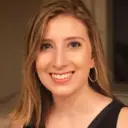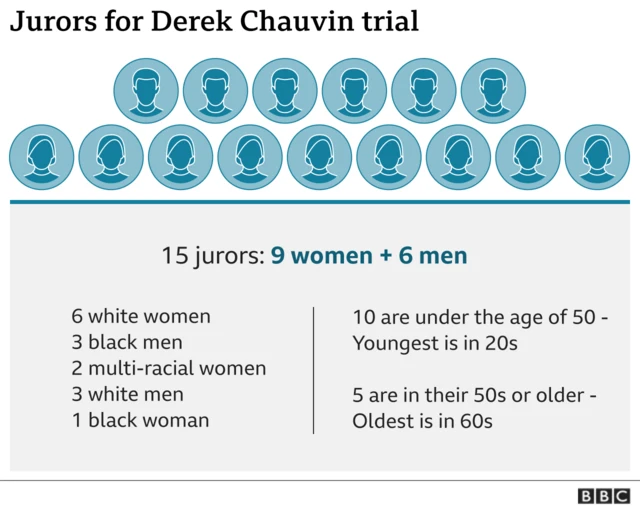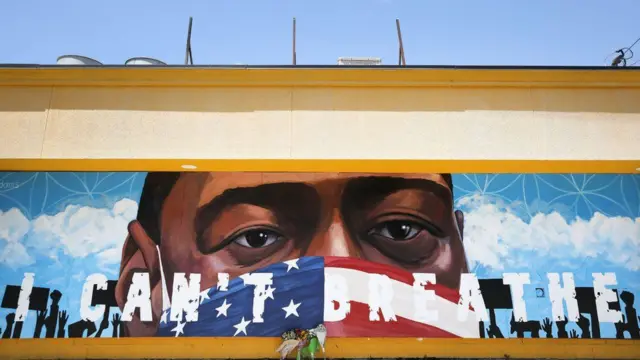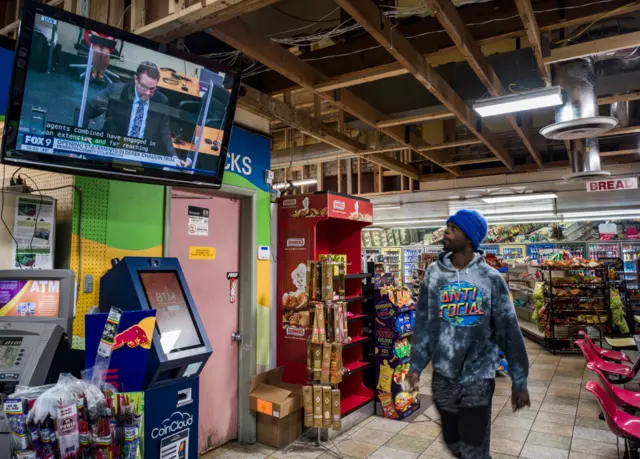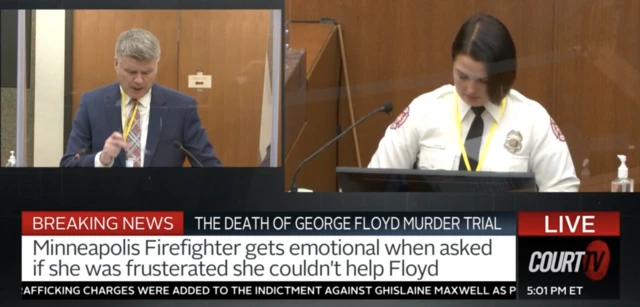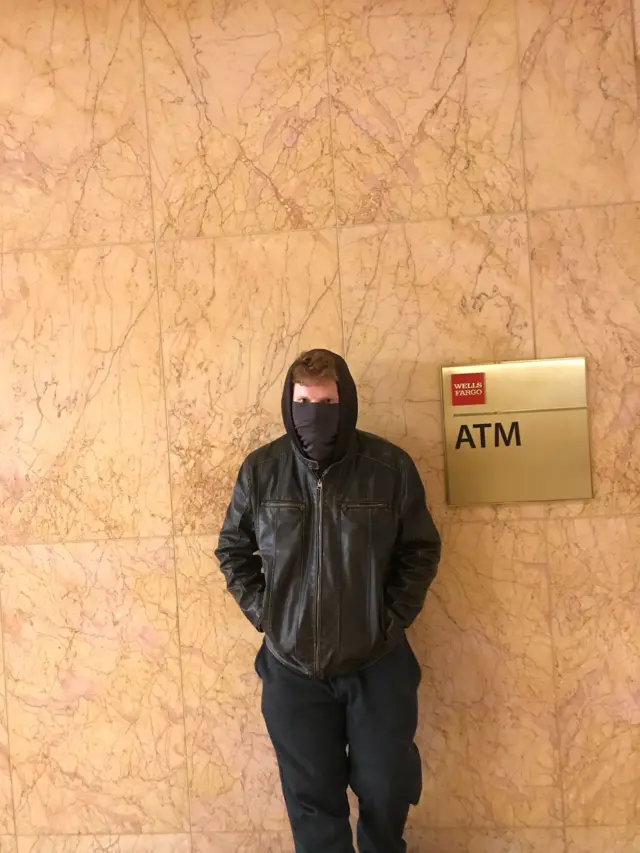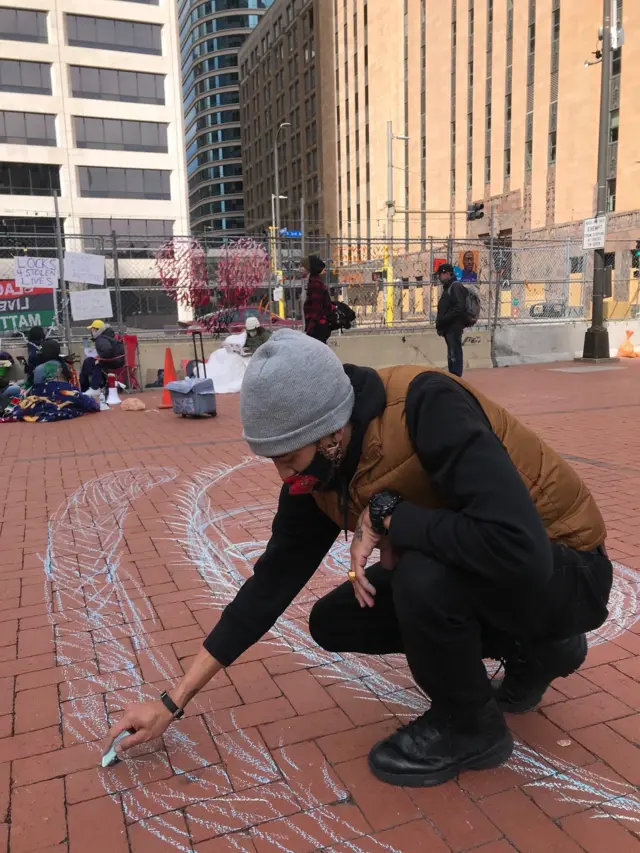That's all for todaypublished at 23:38 BST 30 March 2021
Thank you for following BBC's live coverage of the second day of the Derek Chauvin trial. The court is adjourned until tomorrow - Wednesday, 31 March at 09:30 local time.
We will return with more reporting and analysis as the case continues.
Today's page was brought to you by Max Matza, Holly Honderich, Sam Cabral and Sophie Williams, edited by Marianna Brady and Boer Deng.
